
No matter the time of year, illnesses like colds and flu can strike. Even in the warmer months, getting run down can open an opportunity for common viruses to strike. So, it's important to have immunity-boosting foods as regular components of your day-to-day diet.
Some immunity-boosting foods you'll likely know about already - such as honey or ginger. These have been used for thousands of years to quell common illnesses and reduce uncomfortable symptoms. However, some of the little-known benefits of dairy products and vegetables like carrots and artichokes may surprise you.
Here, we've got a good selection of foods to maintain your immune system, whatever the season with tips for including them into your daily eating routine.
The best foods to boost your immune system
1. Citrus fruit

Citrus fruits, including lemons, oranges, limes, and grapefruits, are rich in vitamin C. This can boost the production of white cells in the body, which helps to maintain the immune system and keep colds at bay.
Enjoy these fruits fresh, juice squeezed into water or eat whole, or blend them into a juice with vegetables like cucumber and spinach.
2. Berries
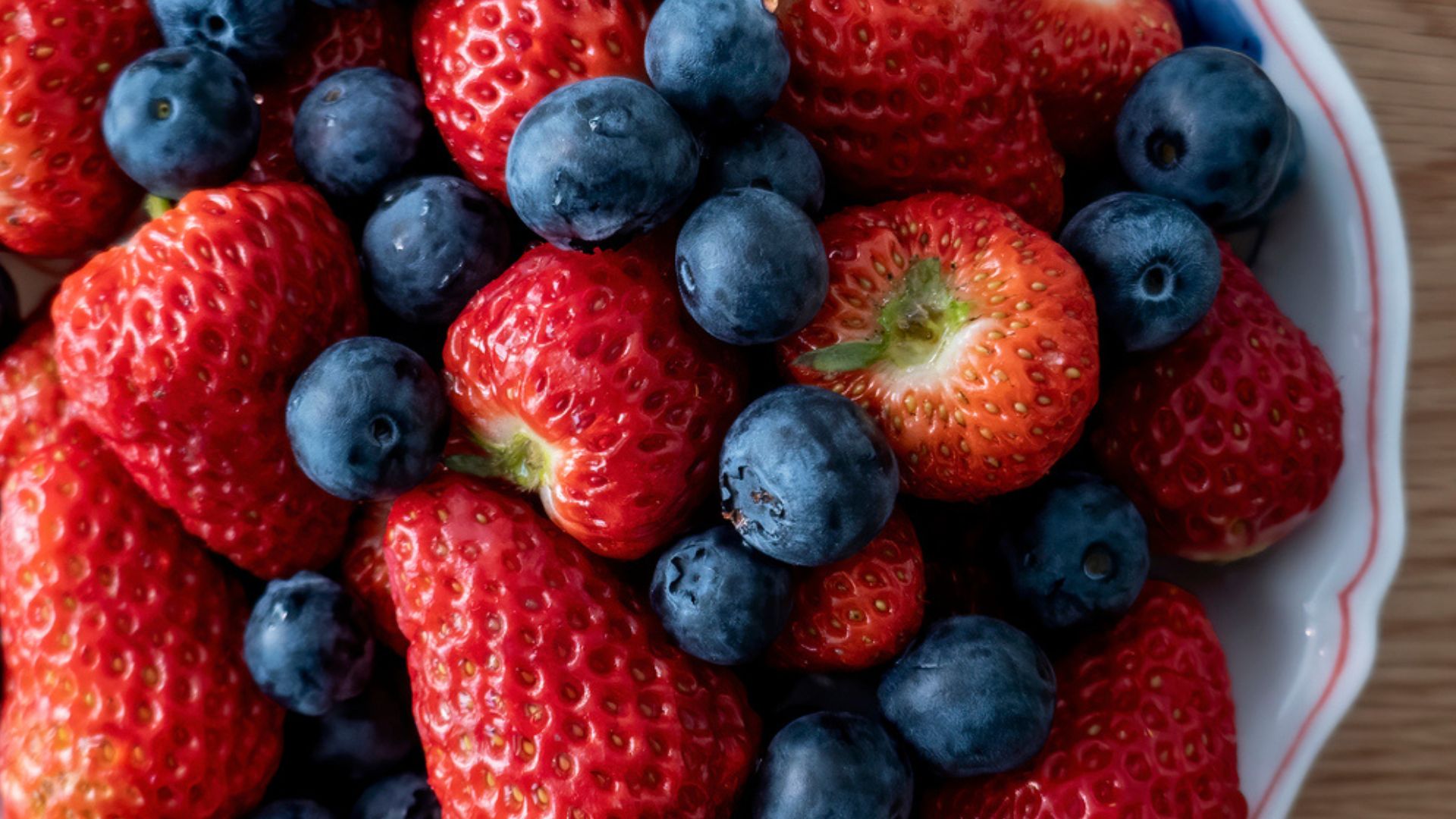
Blueberries, raspberries, strawberries and blackberries are rich in antioxidants and vitamins, such as vitamin C, vitamin K, and folate.
These fruits make for an excellent porridge topping or topping for yoghurt, coming together with other ingredients like seeds and nuts to create an immunity-boosting and nutritious breakfast.
3. Kiwi
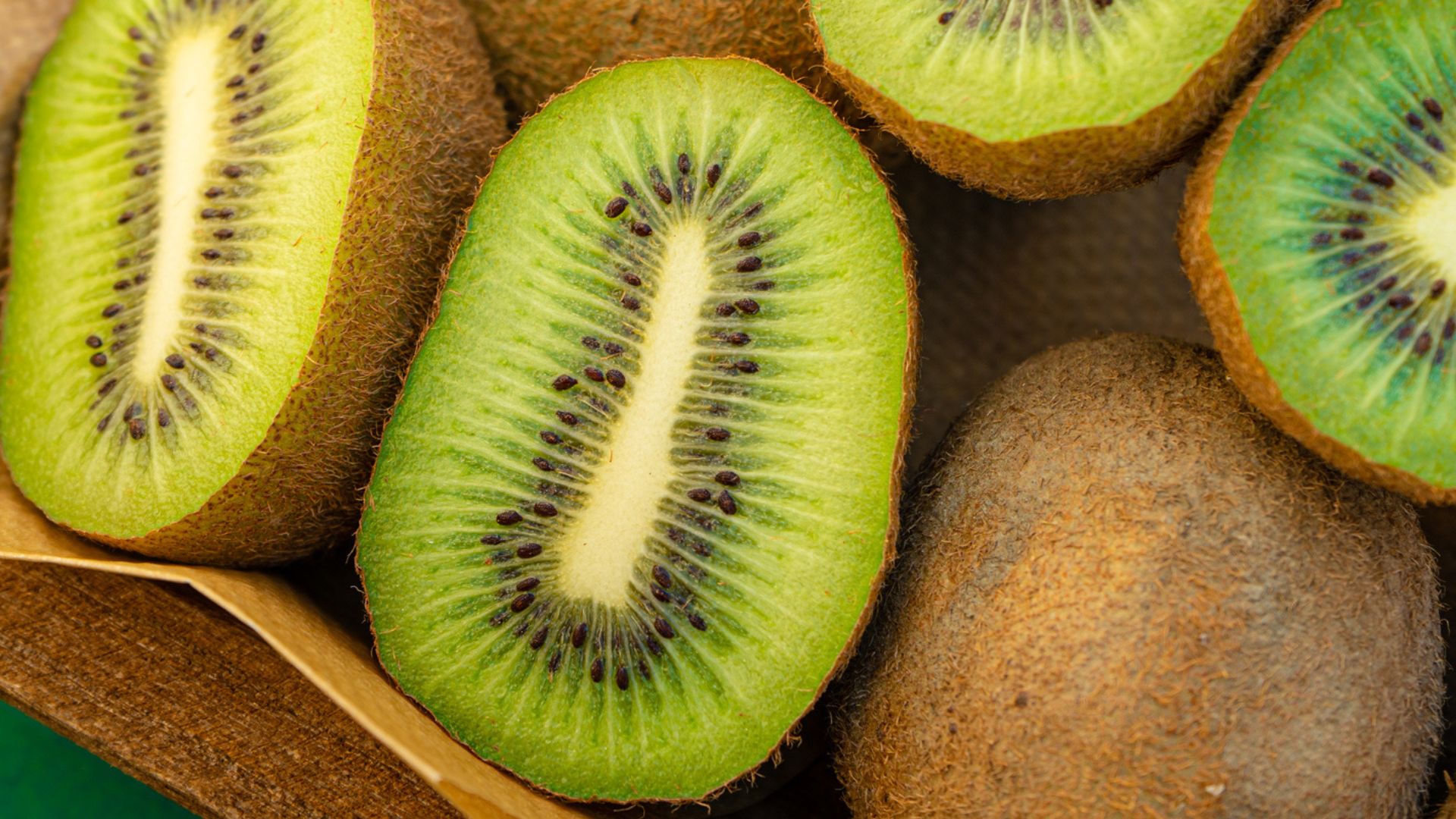
Kiwi is rich in vitamin C, vitamin K and antioxidants. The fruit is also rich in potassium and is one of the best gut-healthy foods around, maintaining a good balance of bacteria in the gut.
To get more kiwi into your diet, add slices to salads or top your porridge with small chunks. The easiest way to eat it is in smoothies though - best paired with tropical fruits like mango.
4. Papaya

Papaya contains an enzyme called papain, which has anti-inflammatory properties and can help keep the body fighting fit against infection. It's also beneficial for heart health, being rich in fibre and antioxidants, helping to lower cholesterol and keep blood pressure at a healthy level.
Scatter the fruit on top of your salads or blend it together with tropical fruits like kiwi and mango for a delicious smoothie.
5. Fish
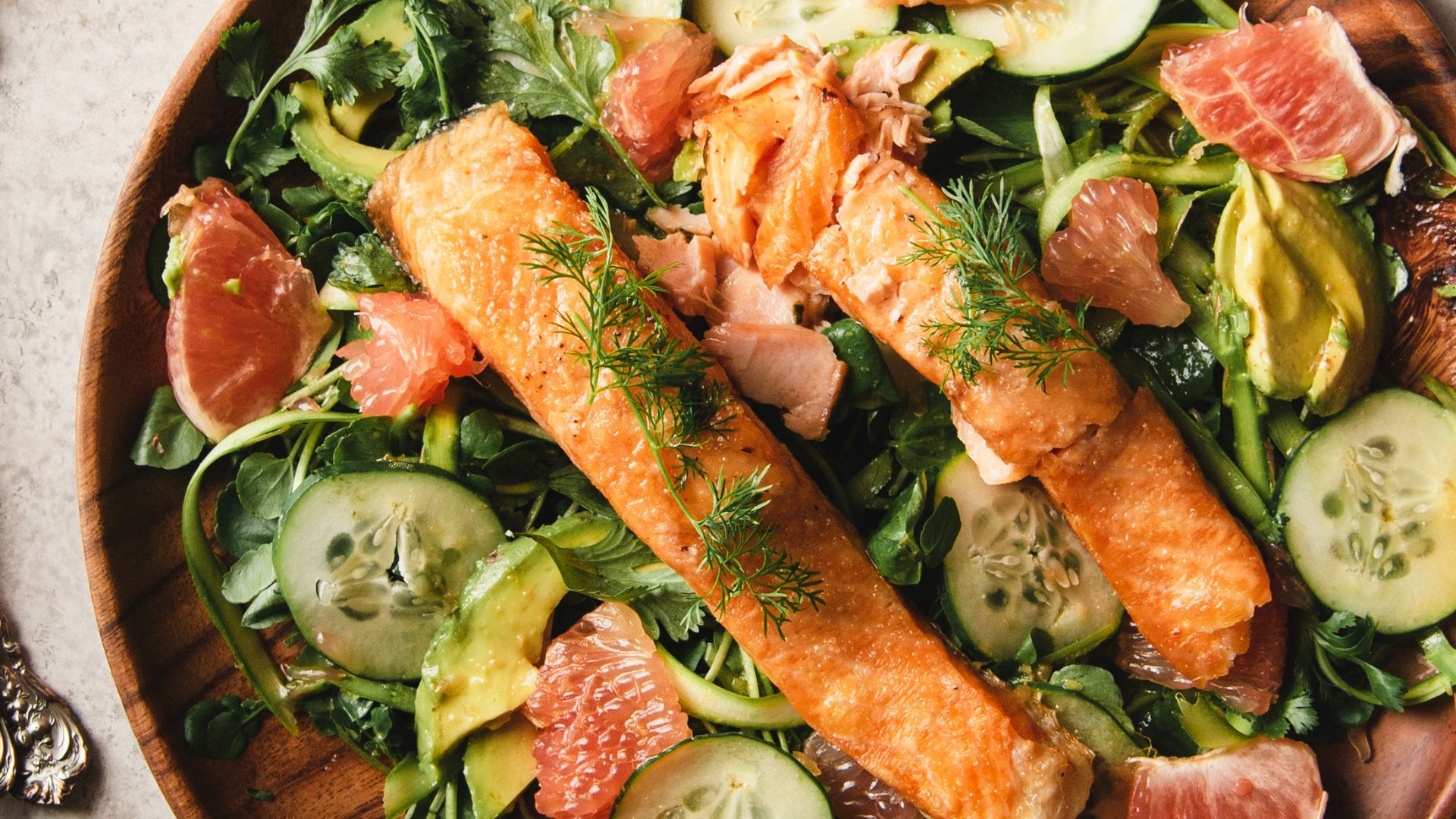
If you're feeling under the weather, fish can be one of the best sources of protein. Salmon and mackerel are two of the best, being rich in omega-3 fatty acids that help reduce inflammation.
Grill or bake your fish to reduce the negative impact of frying and to keep all the nutrients in there, scattering it with herbs, salt and pepper for flavour.
6. Bell peppers
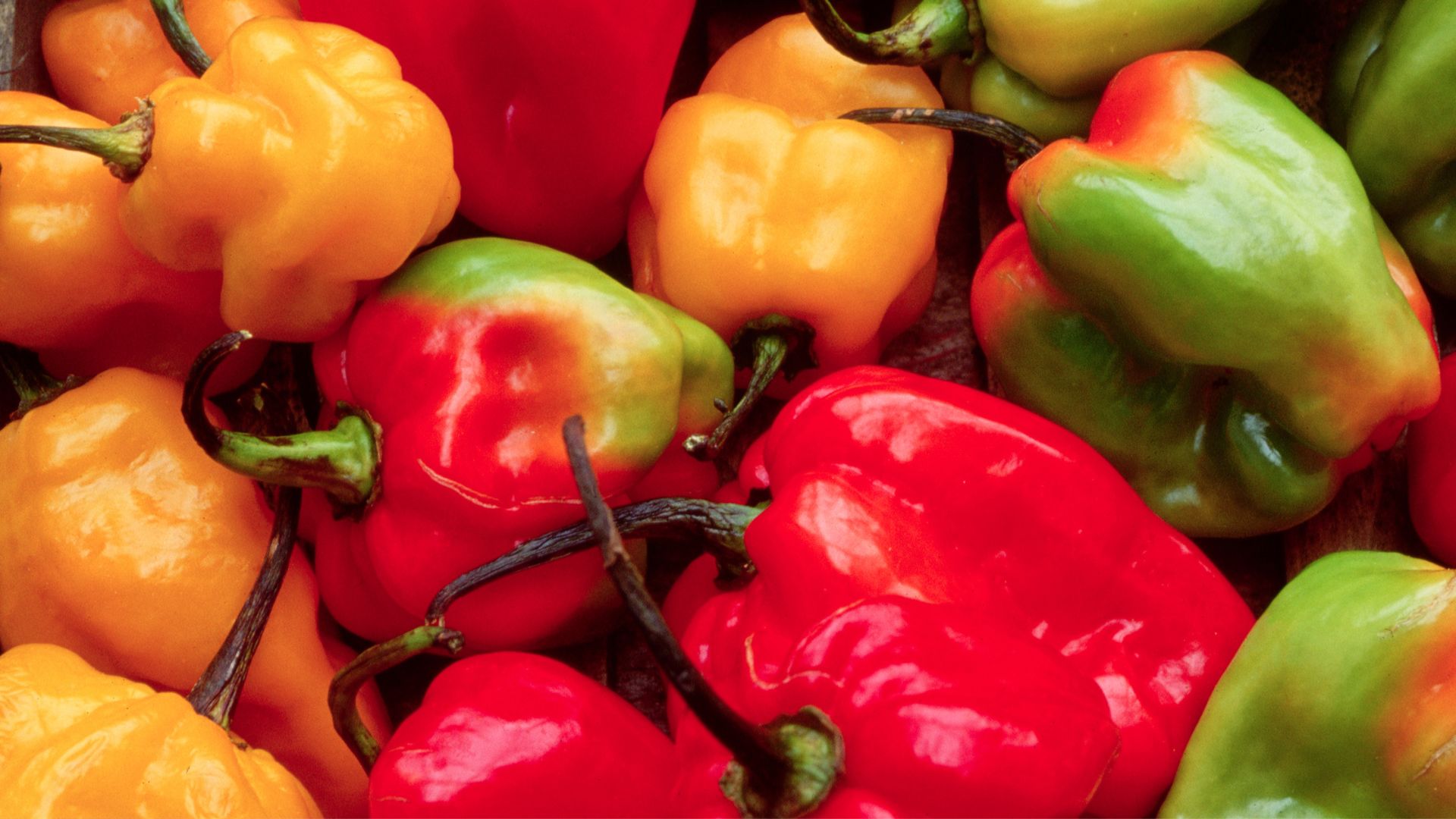
Bell peppers are one of the foods richest in vitamin C, which helps raise white blood cell count in the body, helping to fight infection. It's also rich in antioxidants.
Stuff your bell peppers with quinoa for a healthy carbohydrate or with mince meat for a protein-rich meal, baking in the oven until done.
7. Pumpkin seeds
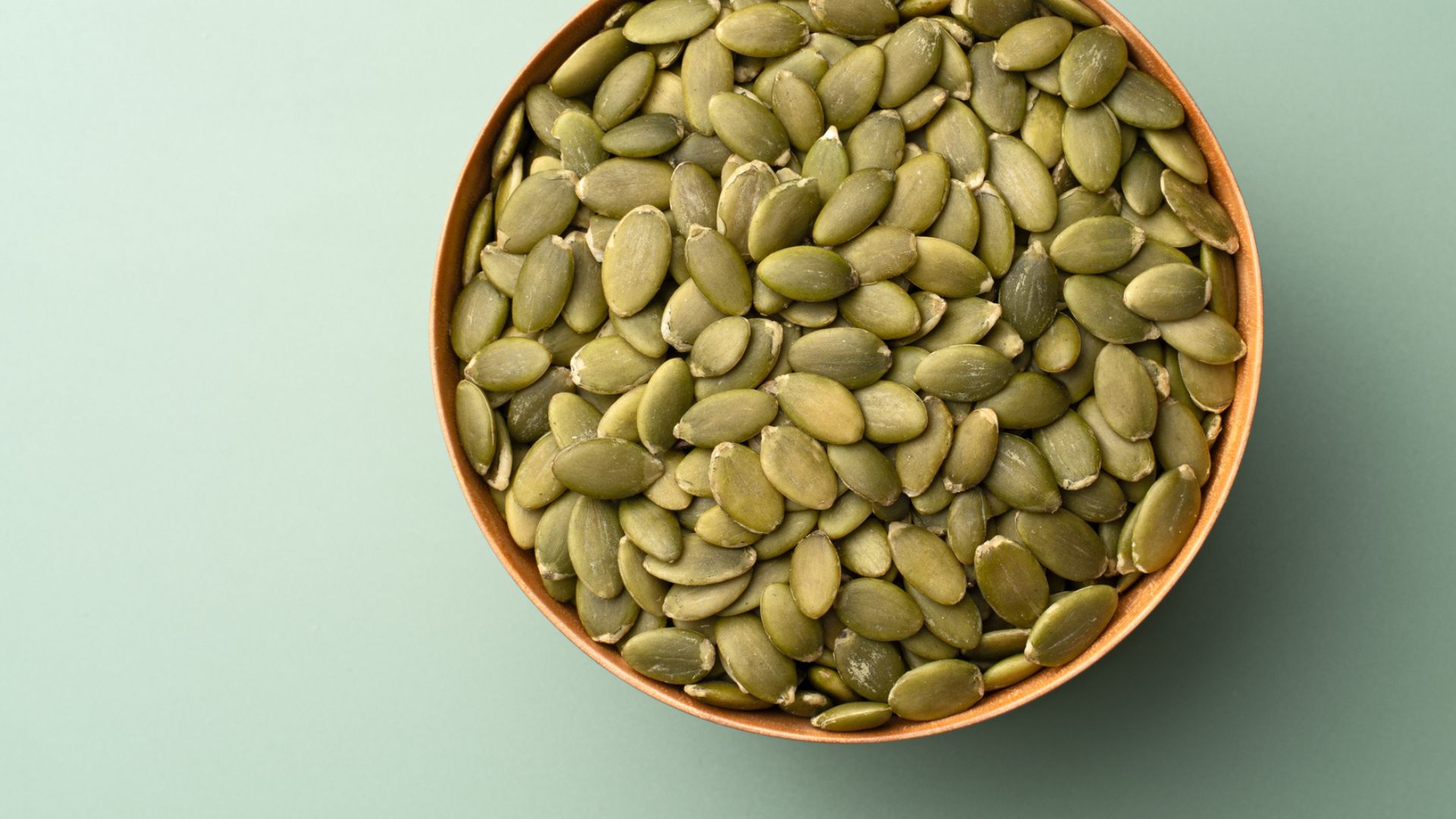
Pumpkin seeds are a nutritious and easy food to add to your regular diet. These small seeds are rich in zinc, which is crucial for good functioning of the immune system.
While they make for great porridge and salad toppings, pumpkin seeds are rich in protein, making them a great snack to eat straight out of the packet.
8. Cabbage
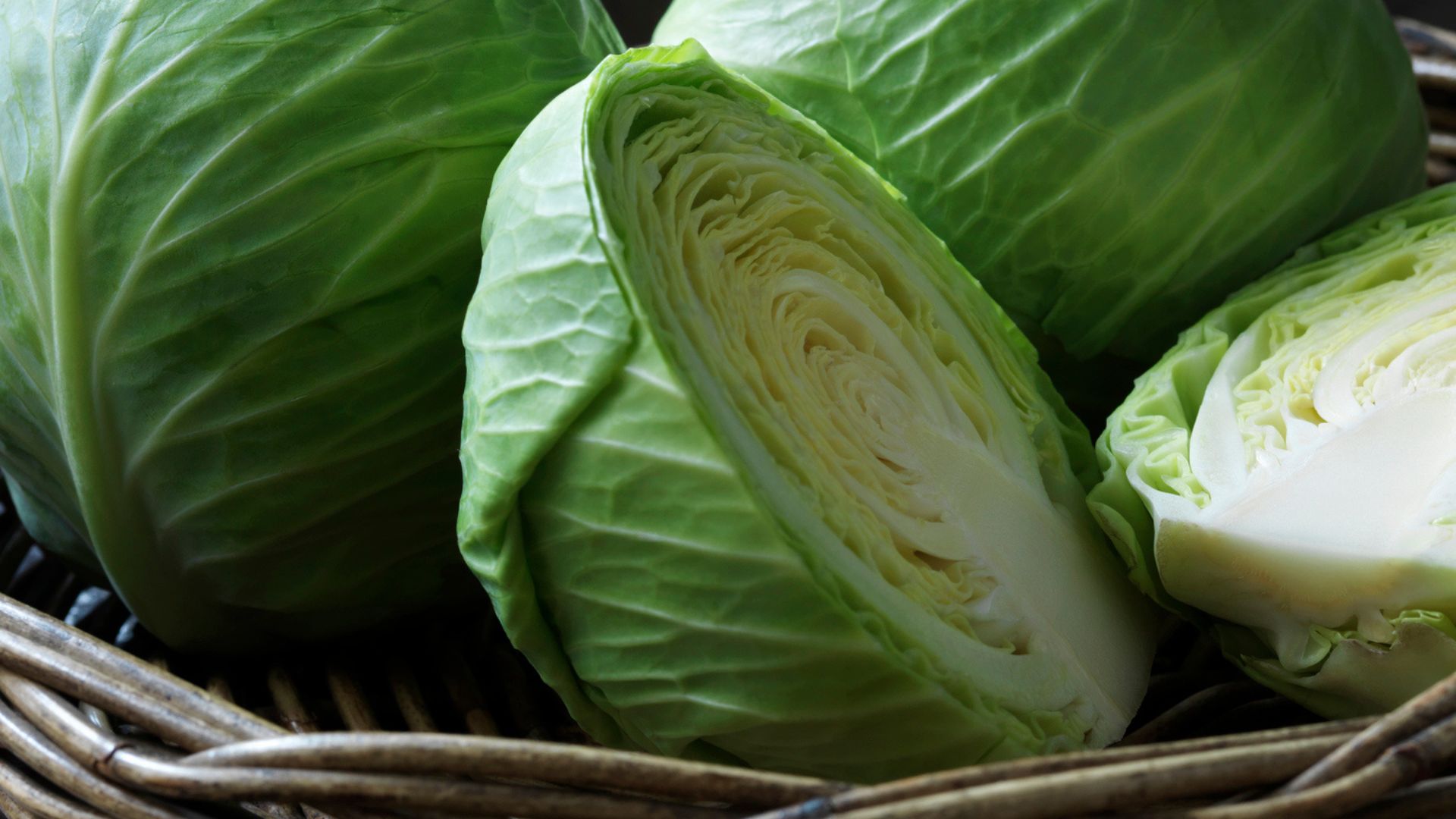
Cabbage is rich in vitamin C and antioxidants, reducing inflammation and boosting fibre levels in the body, helping to improve digestion, promote good waste management and reduce other uncomfortable illness symptoms like constipation.
Scatter your cabbage into stir-fry for a boost of vegetables or make it into a slaw for a salad accompaniment.
9. Artichokes
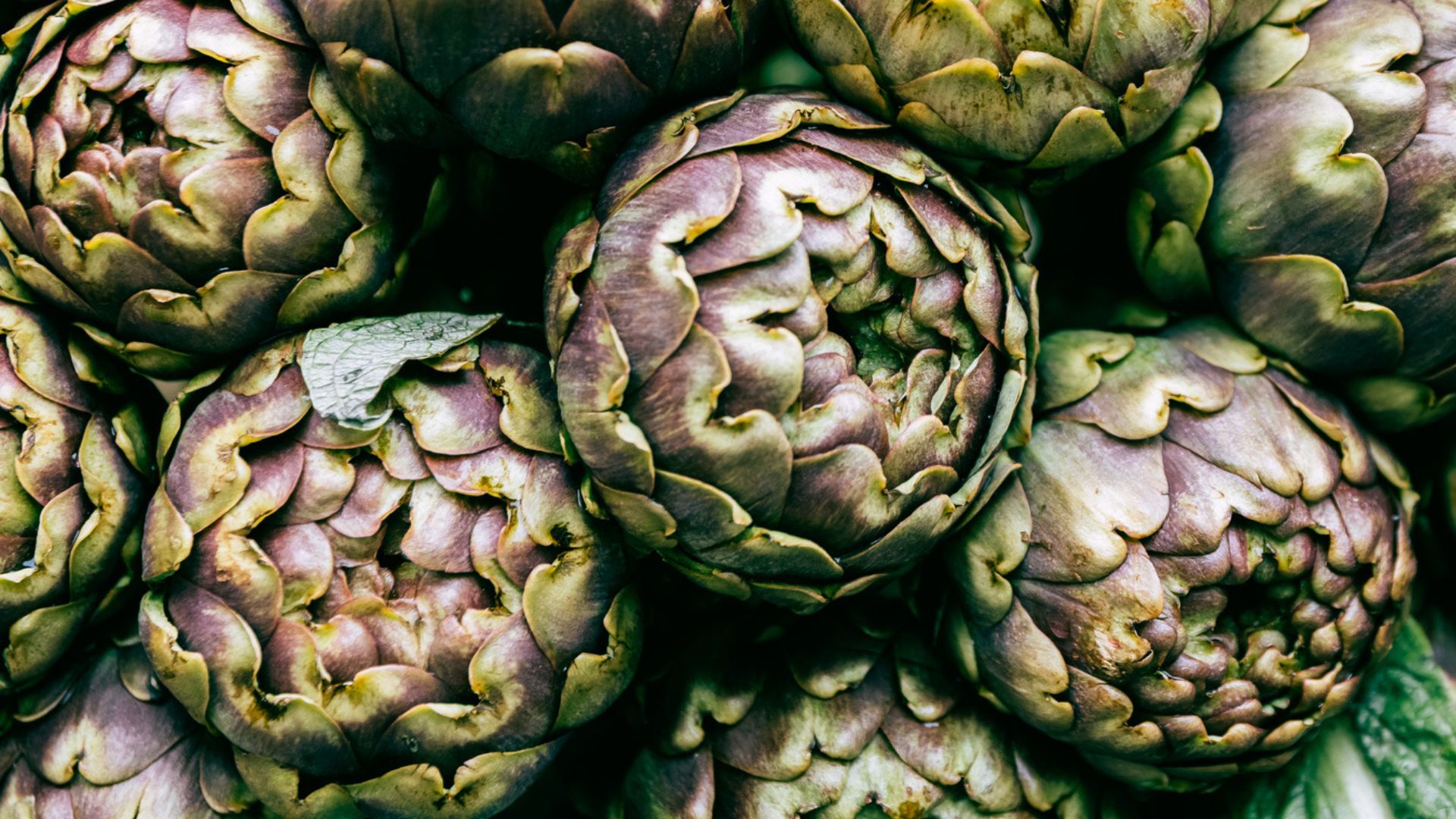
Whether fresh or from a jar, artichokes are an excellent vegetable to help keep illnesses at bay as they are rich in antioxidants and fibre, helping to reduce inflammation and improve digestive processes in the body.
If you're cooking fresh artichokes, steam them and dip them in vinaigrette before serving them for an excellent savoury flavour combination.
10. Mushrooms
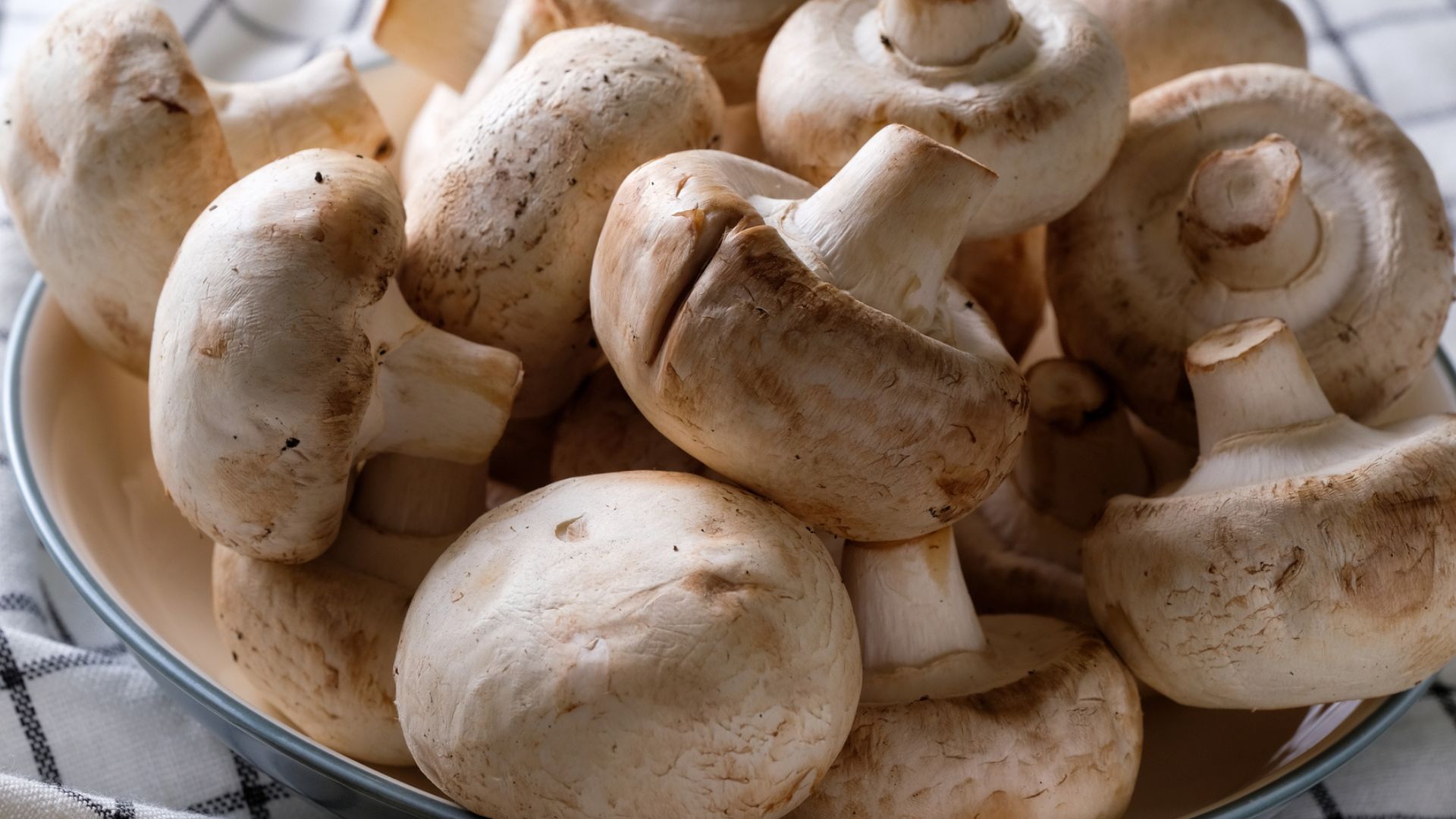
Mushrooms are an excellent vegetable to have in your fridge if you feel a lurgy coming on. Shiitake and reishi mushrooms are especially beneficial as they contain high levels of polysaccharides, which help maintain a healthy immune system.
Saute them up and add to pastas, omelettes, and stir-fries, or blend them together with other ingredients to make a mushroom soup.
11. Olive oil

Compared to other oils, olive oil is significantly better for the body - for many reasons, including for immune health. It contains healthy fats and antioxidants, reducing bodily inflammation.
Olive oil is also one of the most versatile oils, suitable for eating from the bottle on a salad or for sauteing vegetables in.
12. Dark chocolate
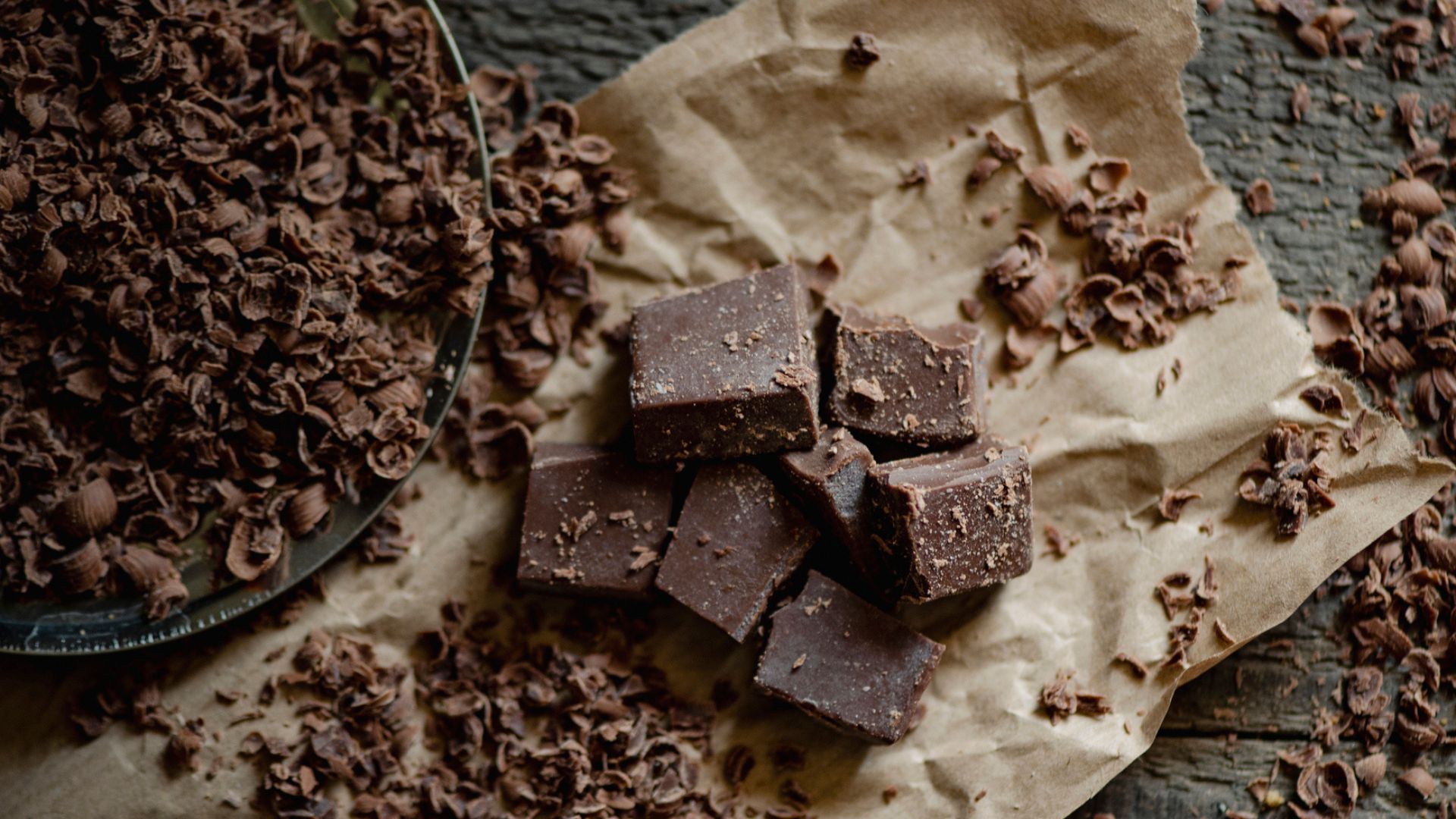
Of all the sweet treats out there, dark chocolate is one of the best for maintaining a healthy immune system. It's also lower in calories than milk or white chocolate per 100g in many cases.
Dark chocolate is rich in antioxidants called flavonoids - plant compounds that are antioxidant and antiviral.
However, it's important to still only enjoy dark chocolate in moderation.
13. Honey

Honey has been used for millennia for its antibacterial benefits. It can also help ease uncomfortable illness symptoms like sore throats when made into a drink with warm milk, for example. You could also drizzle honey onto your porridge or use it as a natural sweetener in tea or coffee for a hint of immune-boosting sweetness.
14. Pomegranate
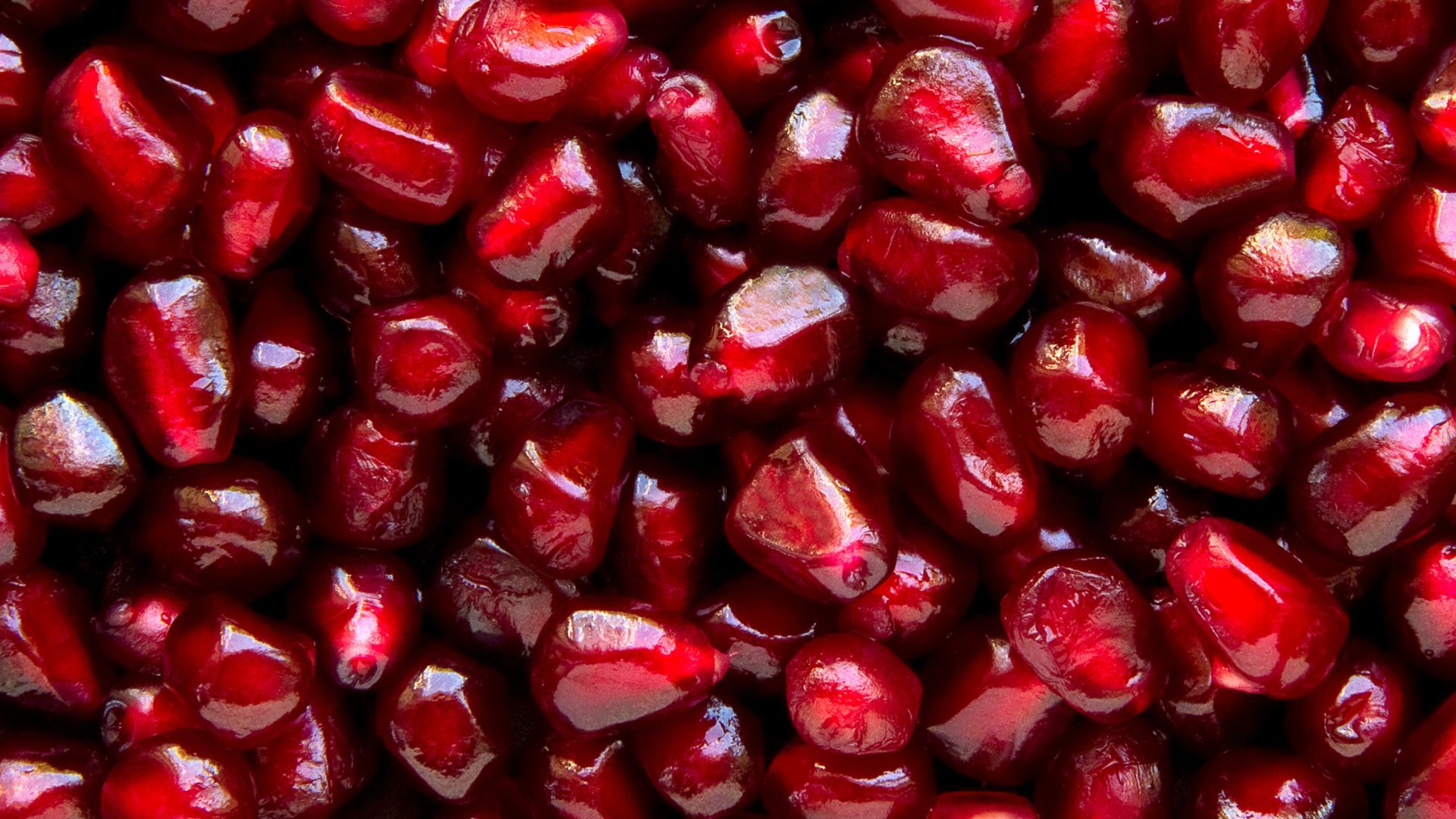
Pomegranate seeds are easy to incorporate into your daily diet by scattering them on top of salads, smoothie bowls, and porridge or yoghurt. They are rich in antioxidants like ellagitannins - bioactive polyphenols with anti-inflammatory effects.
They can also boost skin, gut, and digestive health, all with positive benefits for the immune system.
15. Red grapes
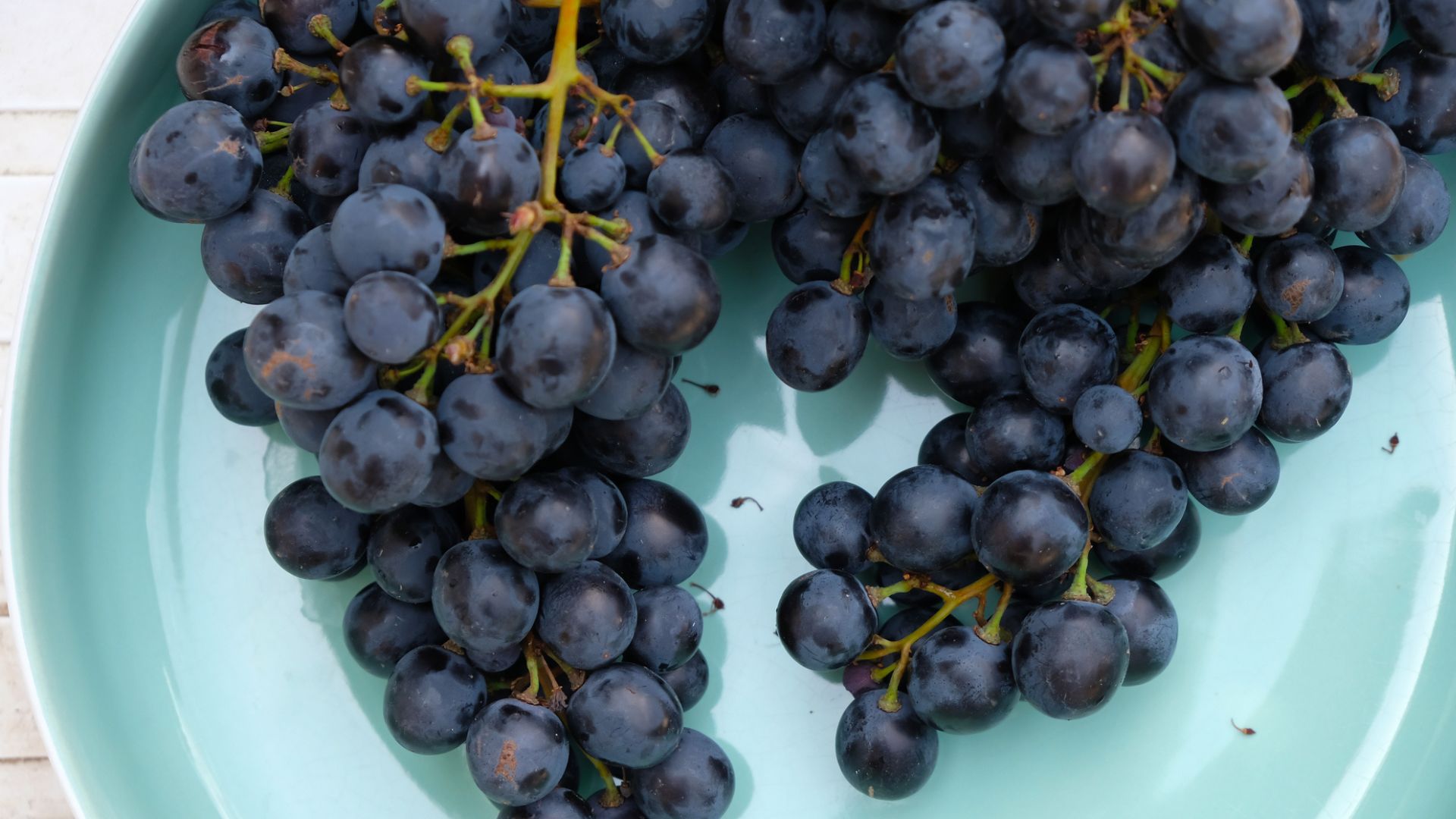
Red grapes contain reservatrol - the same immune-boosting compound that many people use as evidence to give red wine a 'healthy' label. However, in this case, the reservatrol is actually beneficial - with no alcohol to cancel out its effects.
These fruits are also a natural source of melatonin, the hormone needed for sleep, so they make for a good bedtime snack if you're struggling to drift off when you're feeling under the weather. Eat the grapes fresh or blend them into smoothies.
16. Chia seeds
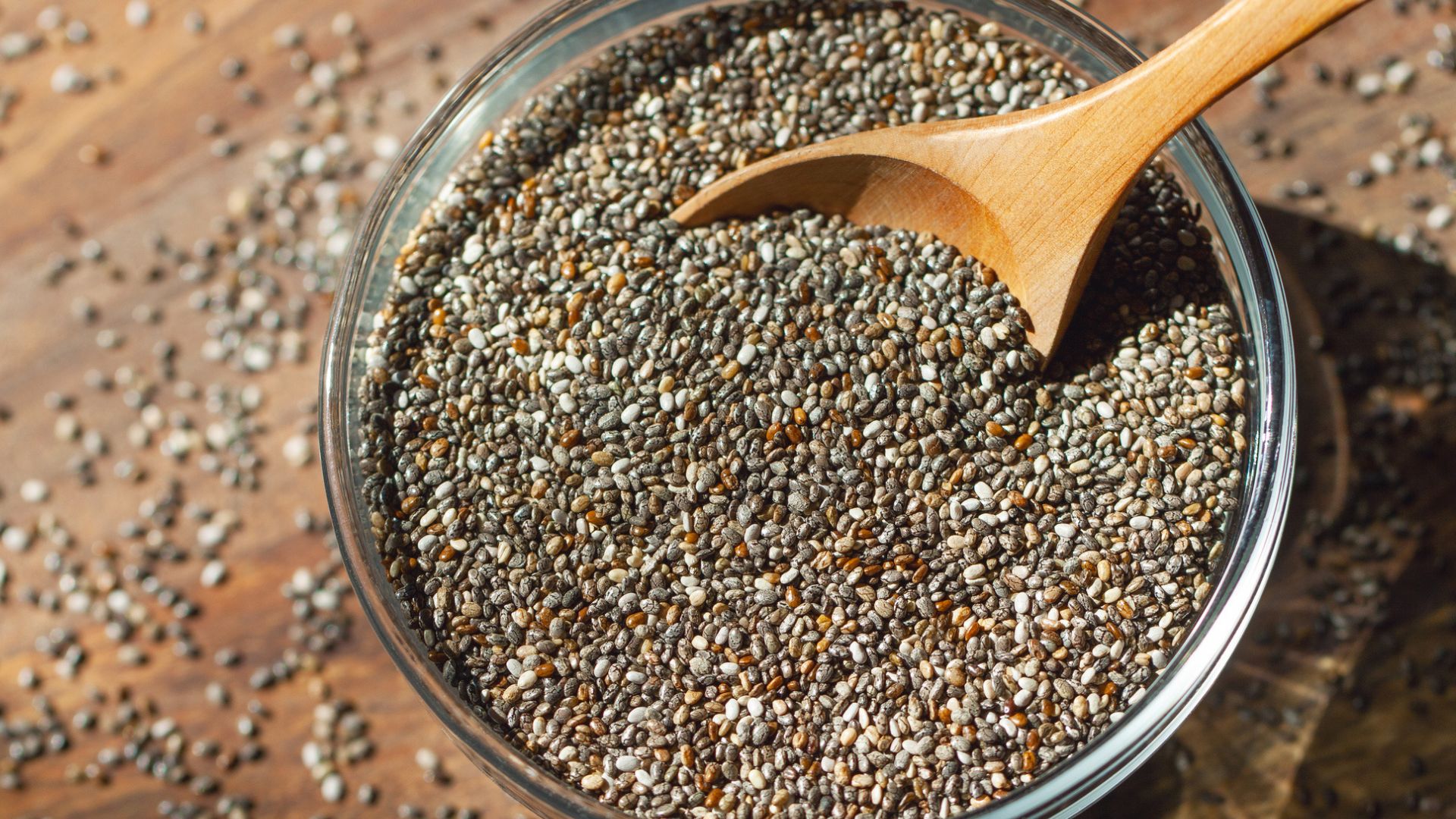
Chia seeds make for an excellent topping for porridge and salads, being rich in omega-3 fatty acids and fibre. They are so small, you won't even notice you're eating them. However, you could also make a chia seed pudding for a healthy breakfast.
These seeds also blend well with milk in smoothies and pair well with berries and bananas.
17. Flaxseeds
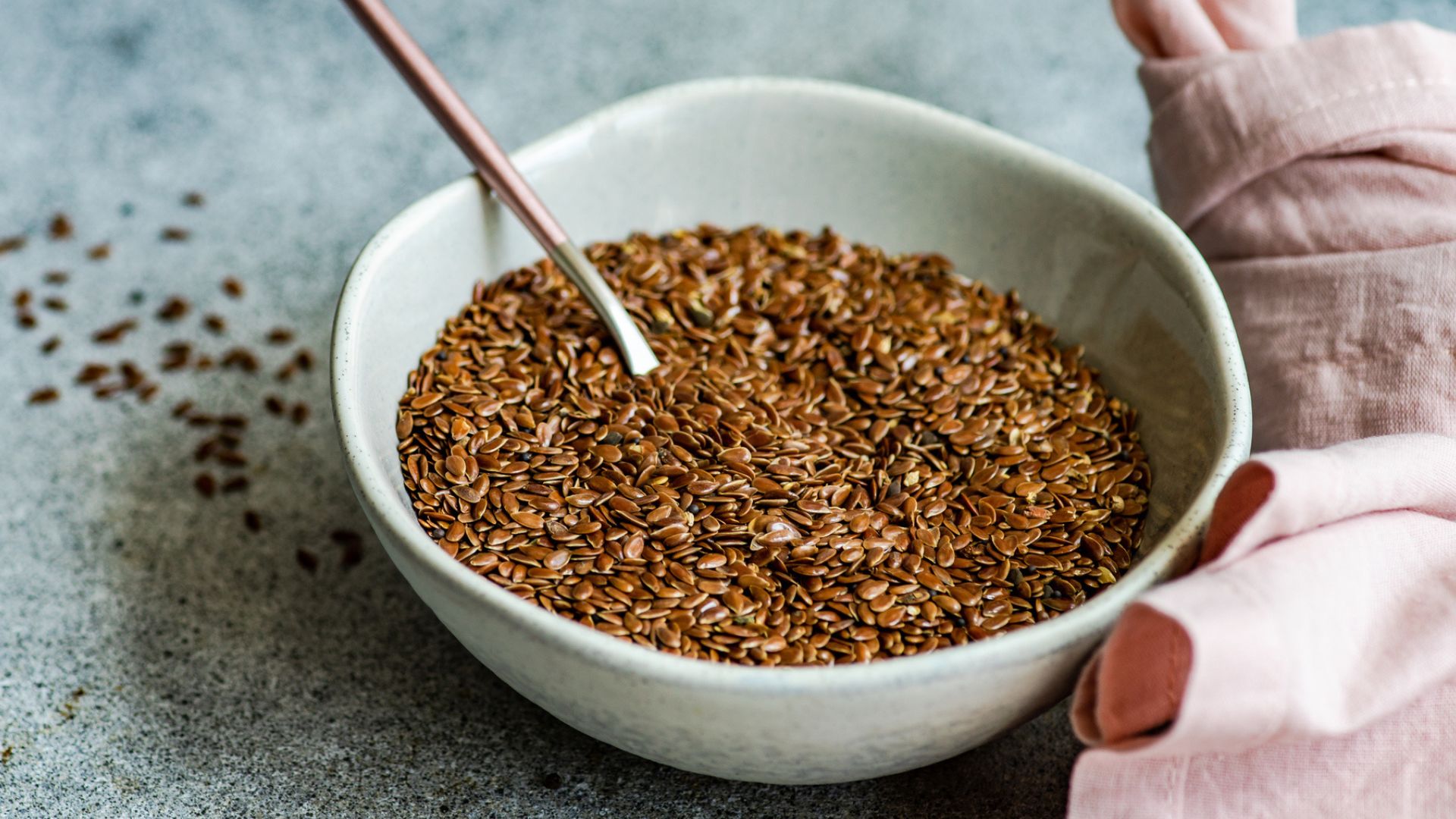
Flaxseeds are something of a wonder food. They are rich in omega-3 fatty acids, which can reduce inflammation and improve wound healing as well as help to maintain the immune system, and lignans - plant compounds that also reduce inflammation. They are also rich in potassium - more so than bananas!
Ground flaxseeds into smoothies or baked goods for easy eating.
18. Green tea
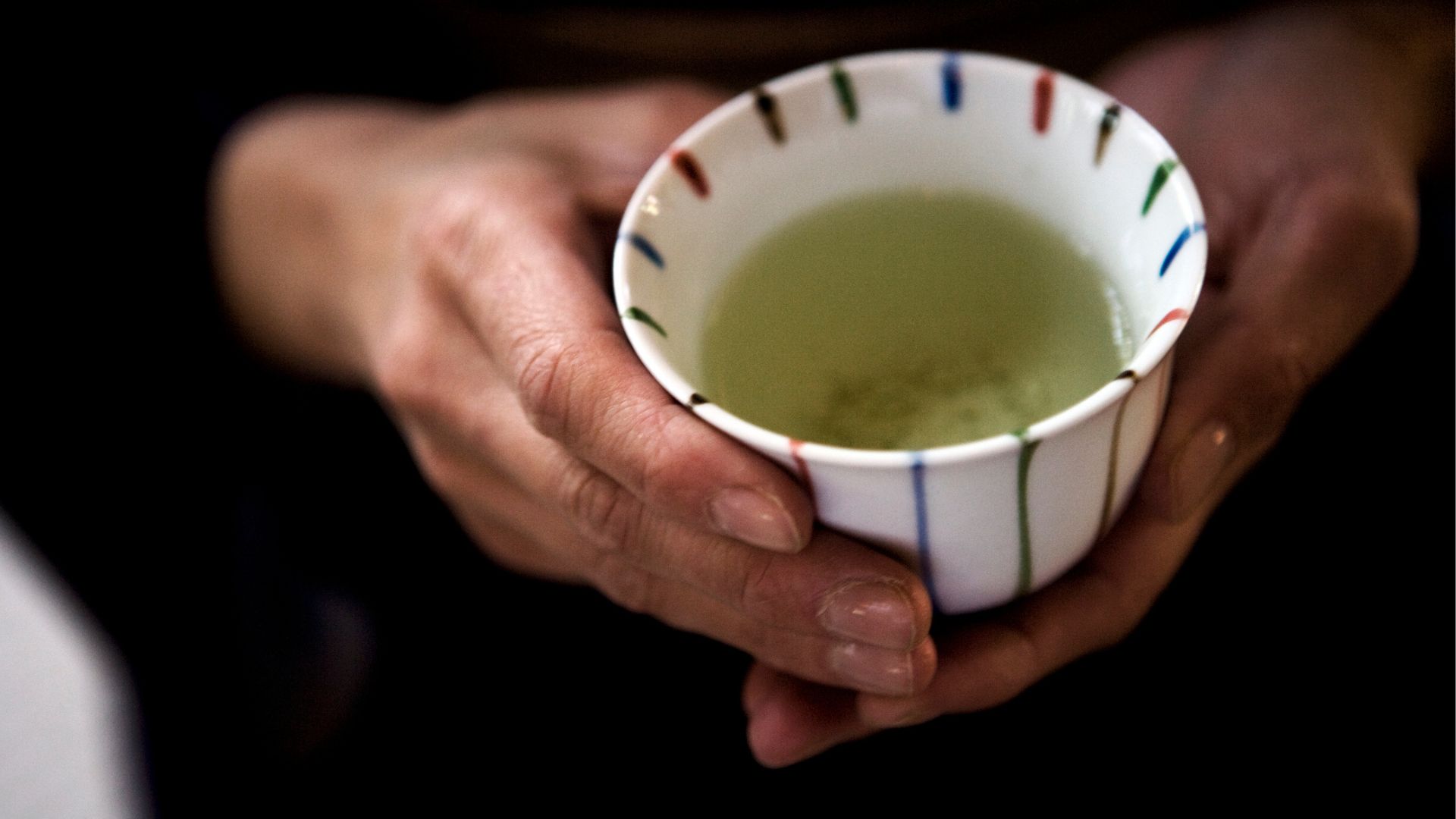
Green tea is a great alternative to coffee for those looking to lower their caffeine intake, while still getting that daily pick-me-up. It also contains catechins, which may help enhance immune function.
The warming tea can also soothe a sore throat, so brew the tea fresh and enjoy it plain or with lemon.
19. Chicken soup

Chicken soup is an age-old remedy for illnesses like colds or flu, helping to alleviate symptoms like sore throats and keep your protein levels up even when you don't feel like eating.
Make it at home to avoid any ultra-processed foods, prioritising fresh vegetables and organic chicken where possible for added nutrients.
20. Bone broth
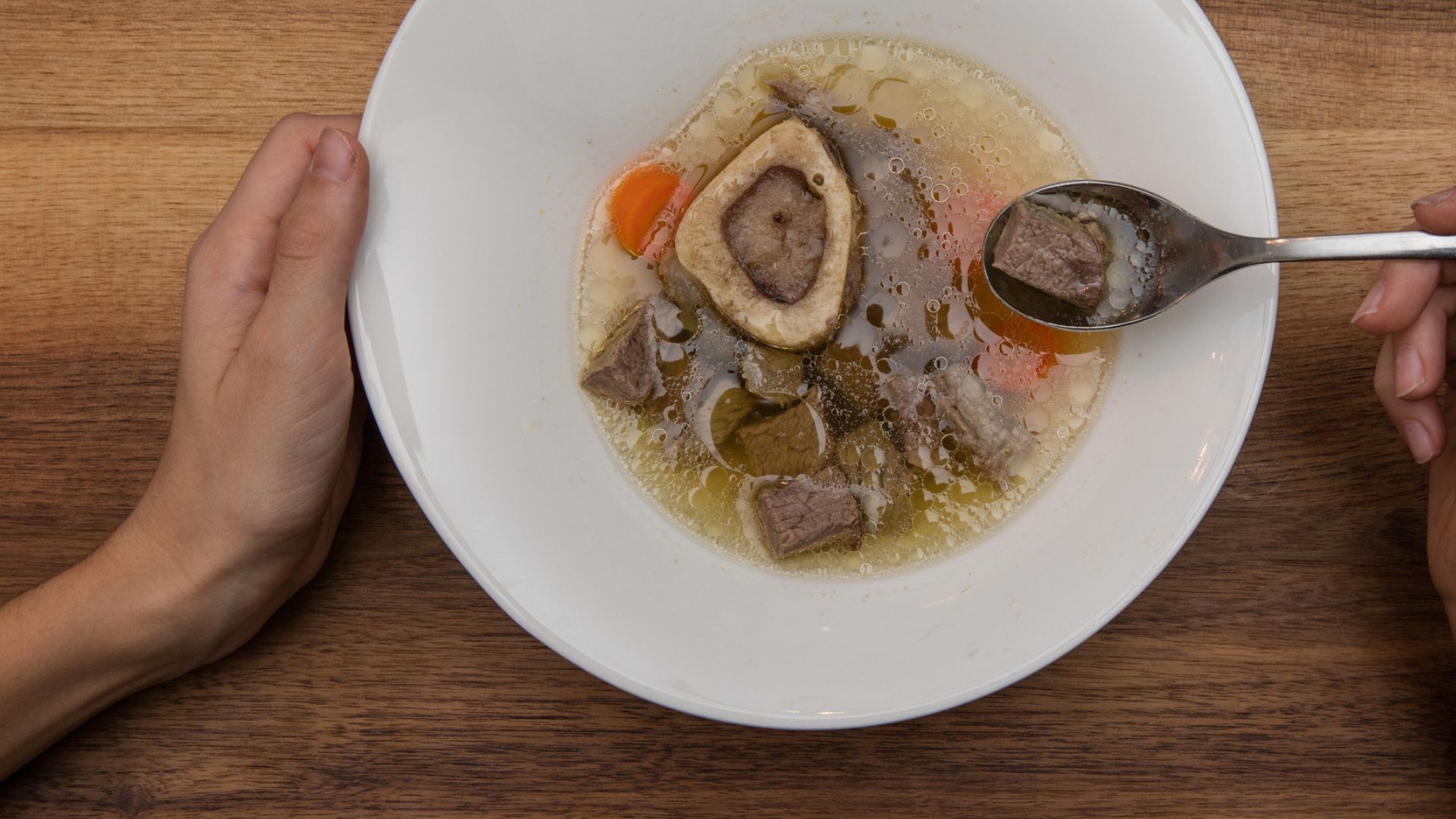
Bone broth is another type of soup that's rich in minerals, protein, and antioxidants that can help keep the immune system functioning and illnesses at bay. It also contains ingredients that can help support gut health.
However, bone broth is famously very low in calories so it's important to consume other foods alongside it, using it as a base for other soups and dishes or drinking as a beverage on the side.
21. Cheese
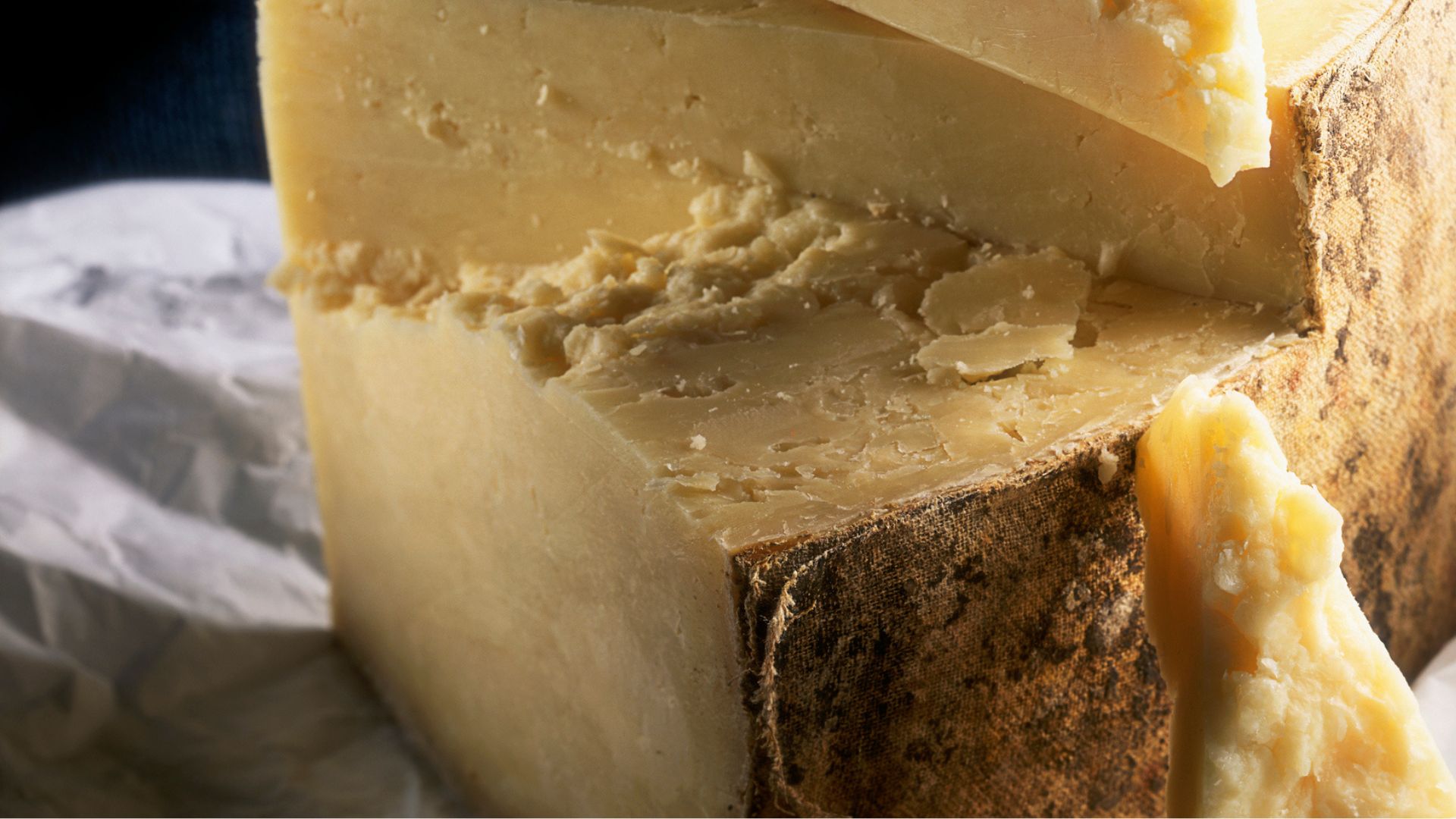
Cheese isn't only delicious - it contains a good amount of nutrients that can help to support the immune system and probiotics, which are similar to the bacteria in the gut, where most of the immune system is actually located.
Use to top pasta and chilli or eat straight from the packet as a snack - no judgment here.
22. Kefir

Kefir is a fermented drink rich in probiotics that can help maintain the immune system and boost gut health. The gut is where most of the immune system is located so keeping this healthy while you're feeling under the weather should be a top priority.
Blend your kefir with fruit for a refreshing smoothie or top your fruit bowl with a serving of kefir.
23. Sauerkraut
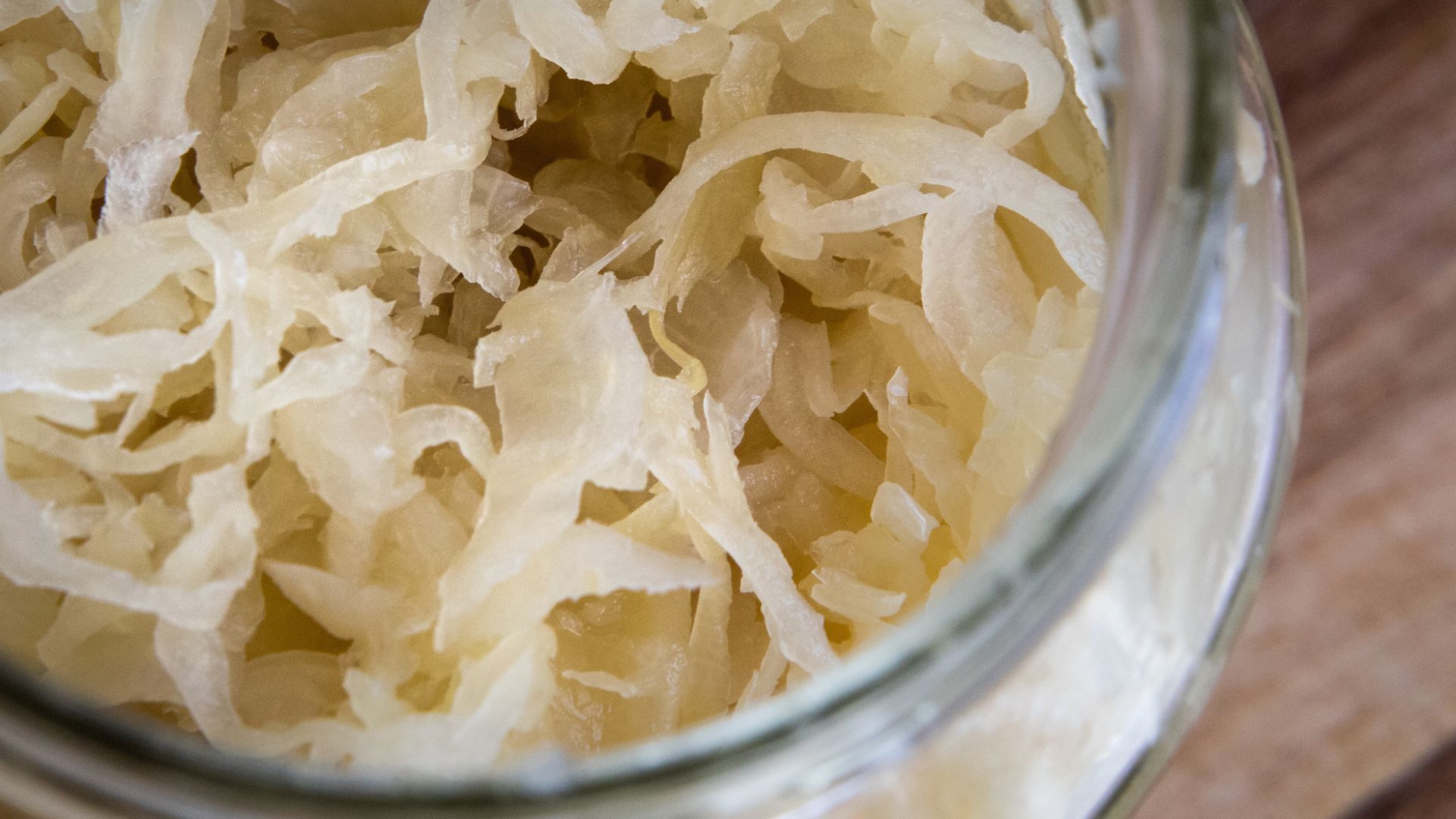
Probiotic-rich sauerkraut helps to support gut health and the immune system, keeping colds and flu away all year round. It's easy to make at home by fermenting cabbage in a jar in your fridge and makes for a great topping for sandwiches and salads.
It also keeps for ages so you can make a quick big batch, saving time and money in the months to come.
24. Coconut oil

Coconut oil may be one of the more expensive varieties of oil but it's a good one to have in the cupboards if you find yourself feeling under the weather. This oil contains medium-chain triglycerides - a type of fat that circulates in the body and helps maintain energy levels and a healthy immune system with antimicrobial properties.
It's also easy to incorporate coconut oil into your cooking by swapping out any cooking oils you'd otherwise be using or by adding them to smoothies. Be sure to look at recommended serving sizes though, as coconut oil is high in calories.
25. Kimchi
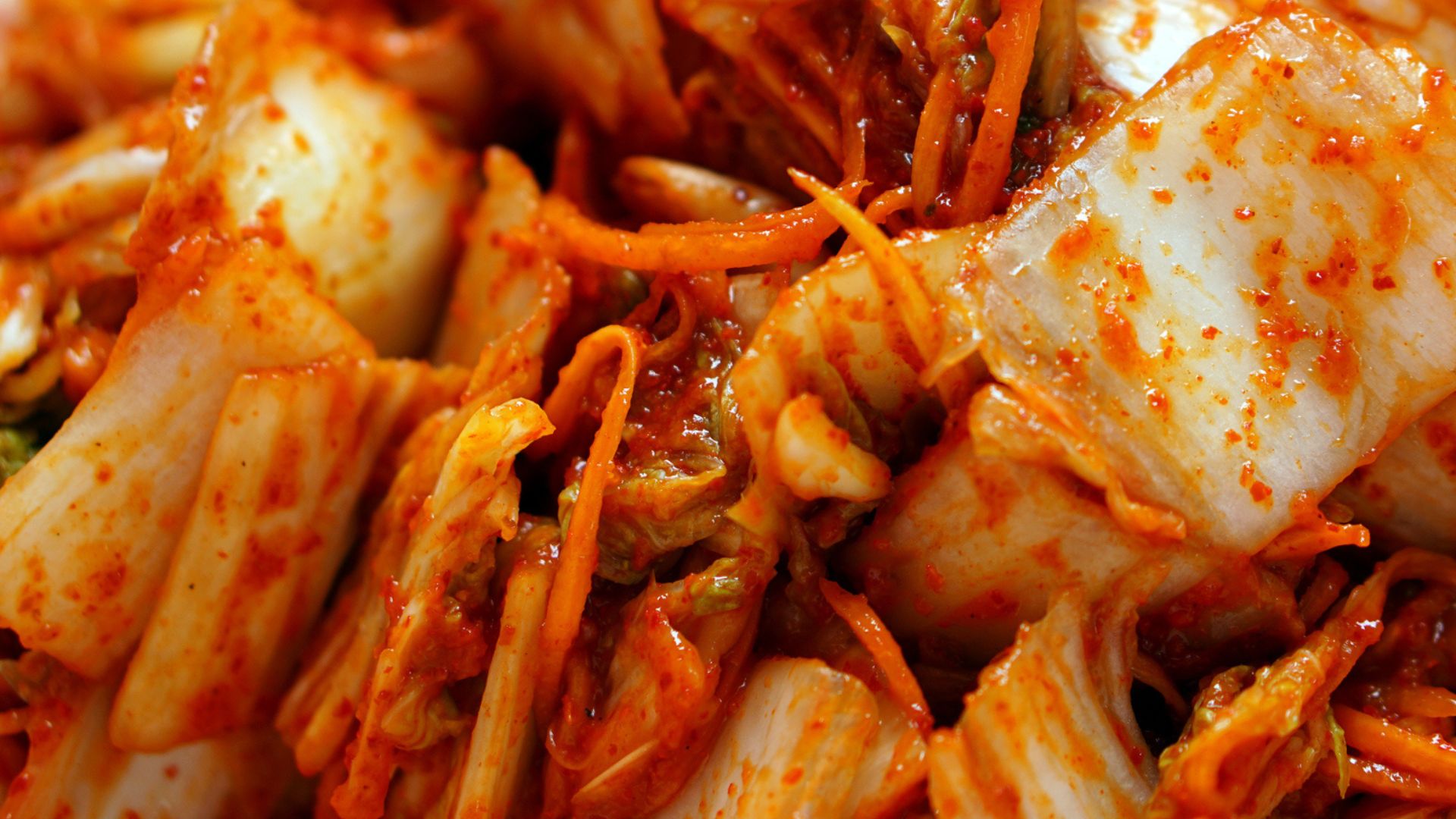
Kimchi is a traditional Korean dish made from fermented, salted vegetables. It's rich in probiotics, which maintain good gut health, and antioxidants, which help keep the immune system healthy. It may also support blood clotting, which is useful if you're recovering from any injuries.
Add your kimchi to rice bowls, salads, or eat it as a side dish.
26. Yoghurt
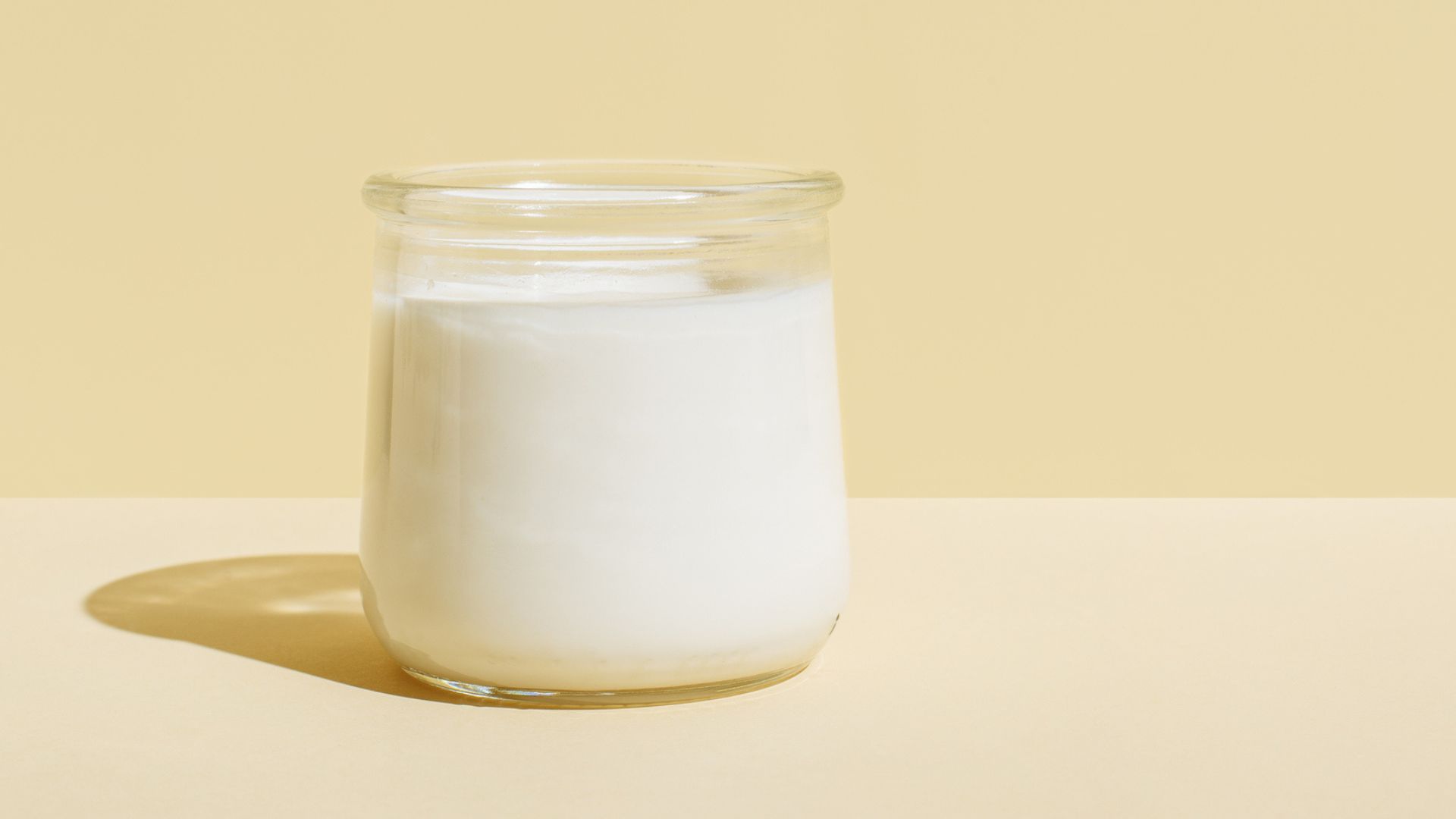
Yoghurt is a good breakfast food to incorporate into your diet as it's rich in protein and probiotics, which can help support the immune system by keeping gut bacteria in balance. This is important as much of the immune system is held in the gut, surprisingly.
It's best to choose unflavoured and unsweetened yoghurt where possible to get the most benefits, adding fruit or honey if you want a sweet flavour.
27. Miso
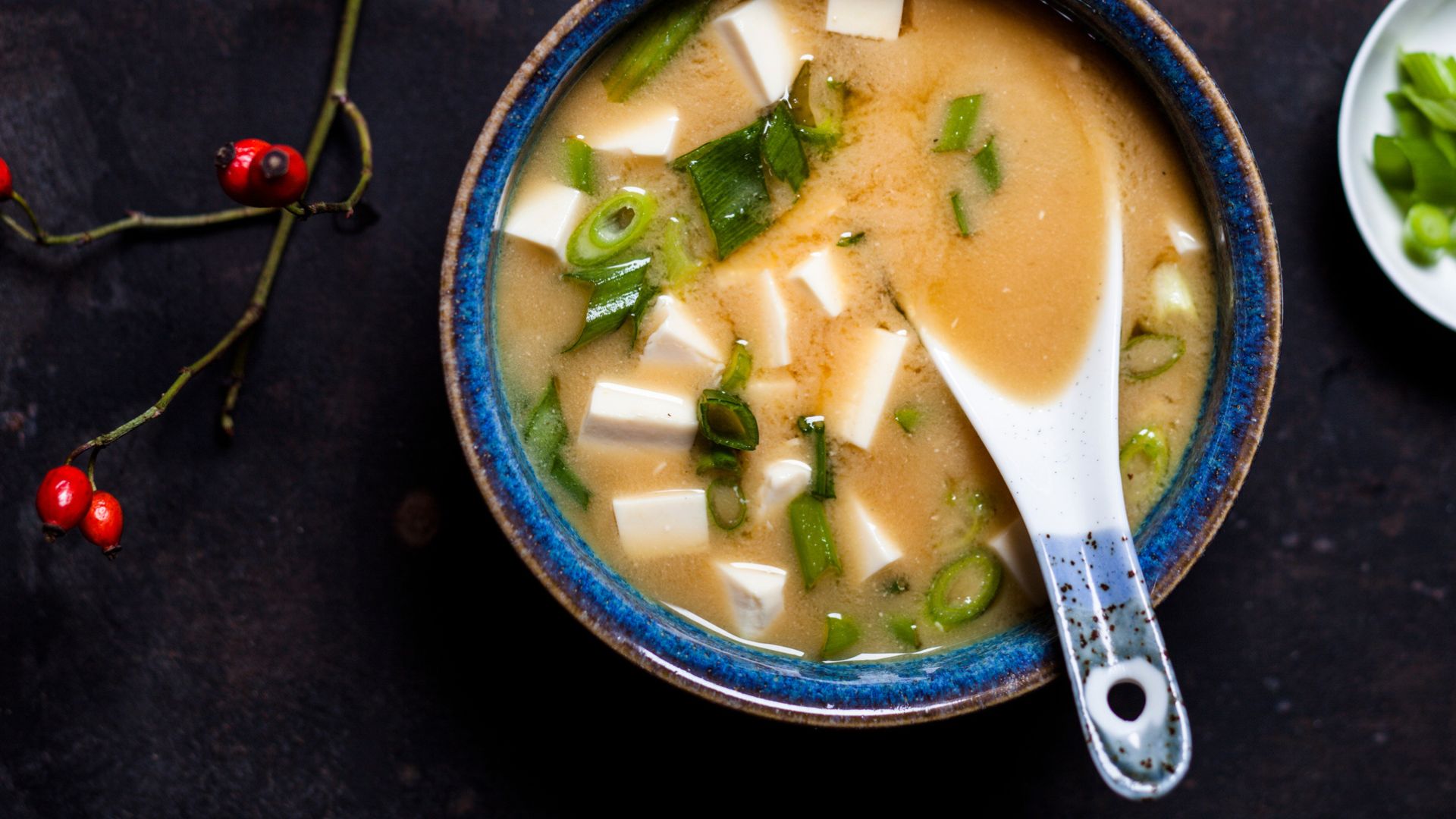
Miso is another excellent long-lasting food to have in the fridge for the times when you feel a little under the weather. It's made with fermented soy, which keeps gut bacteria in check and contains antioxidants, which help to reduce inflammation in the body.
You can make miso into a simple soup or use it in salad dressings.
28. Carrots
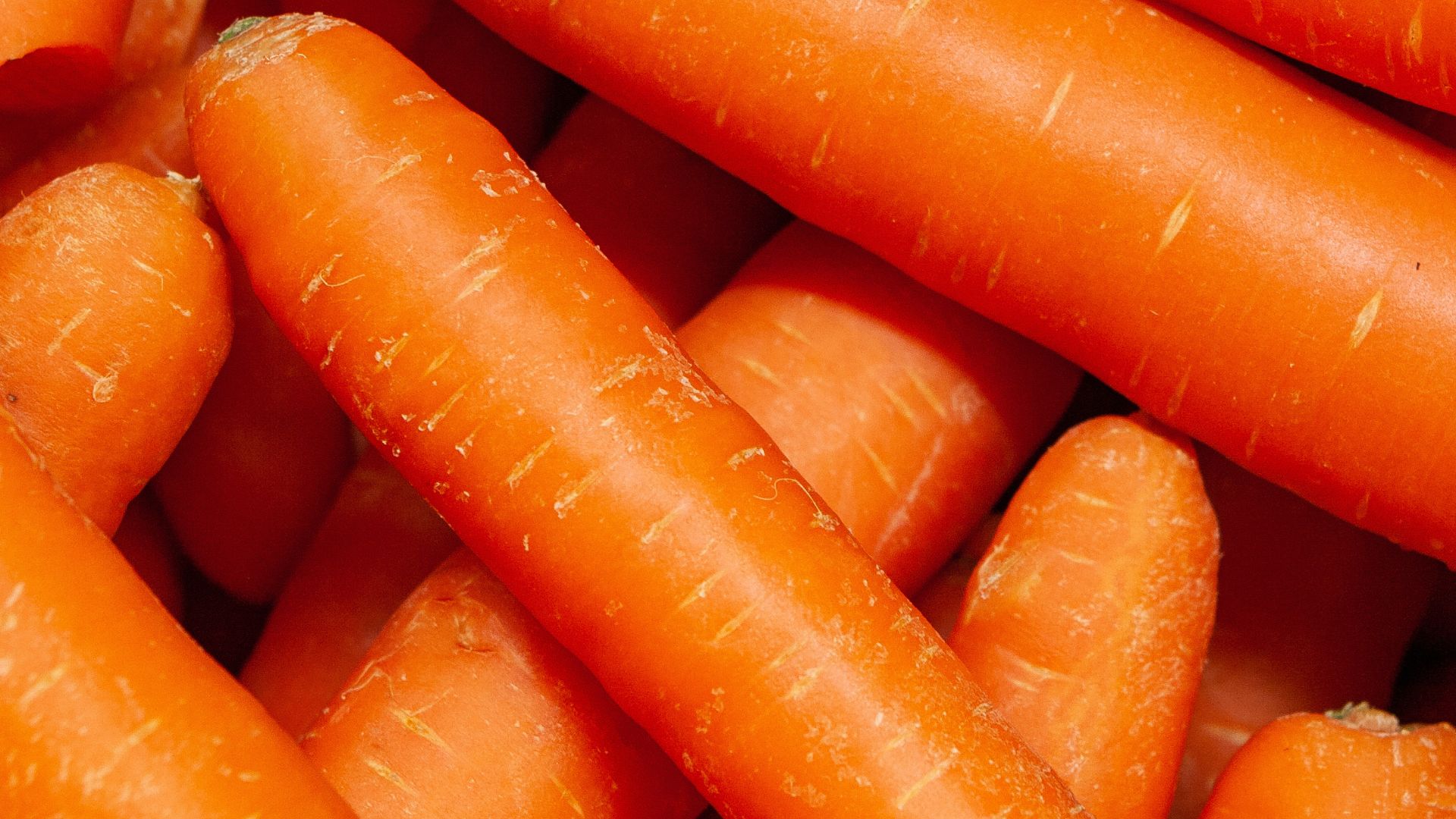
Carrots are one of the best vegetables to eat when you're feeling unwell as they are rich in beta-carotene, which has been proven to support immune system function. It also contains plenty of vitamin C, which contributes towards high white blood cell levels, which in turn help to fight infection.
Eat your carrots raw as a snack (dipped in hummus if you like) or roast in the oven with herbs and spices to bring out their flavour.
29. Turmeric
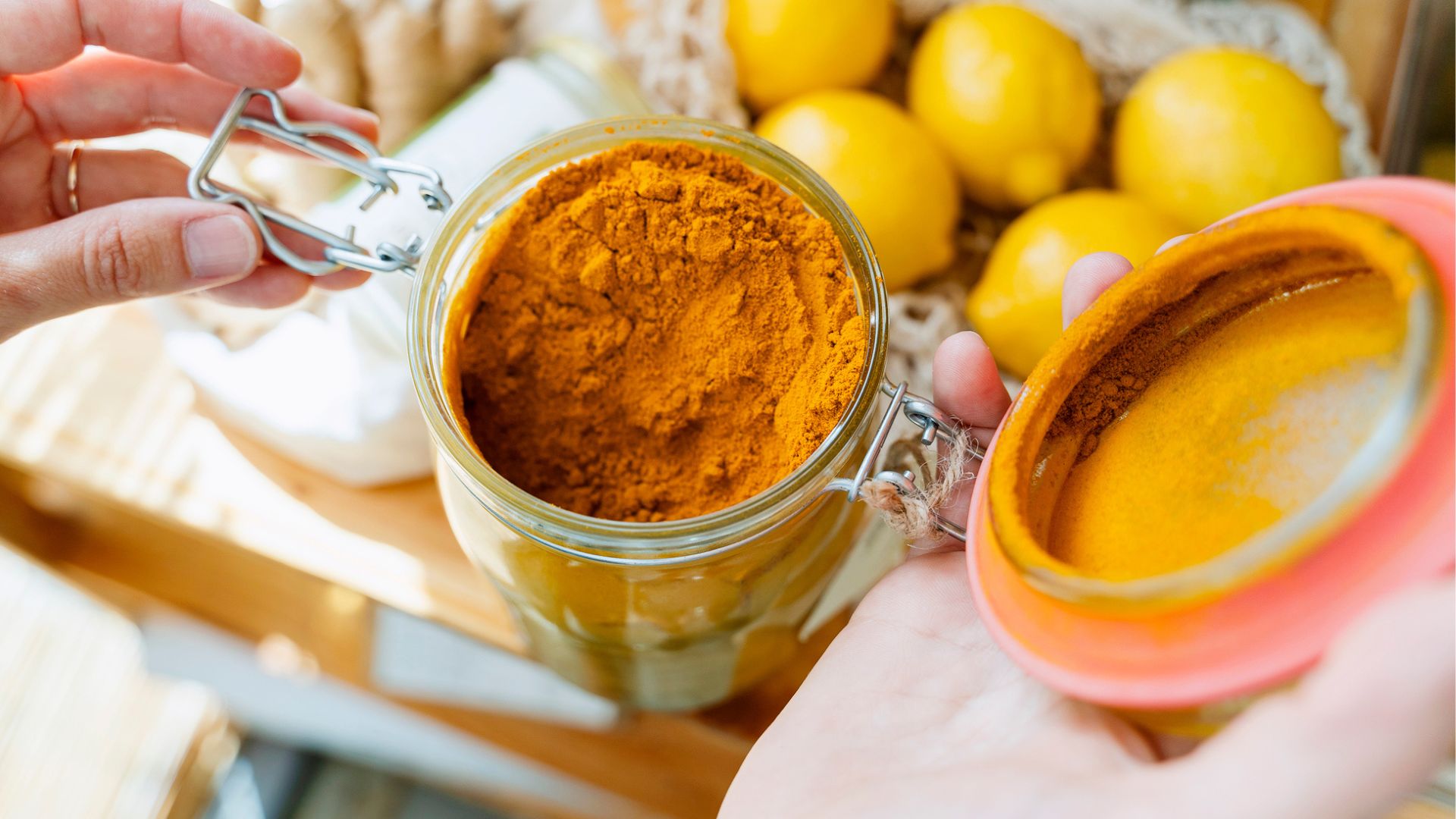
Turmeric contains curcumin, an anti-inflammatory compound, and powerful antioxidants that can help to neutralise free radicals in pollution. This deep, orange-coloured spice also contains compounds beneficial for gut health.
However, it is best to eat turmeric as a powder in soups, curries, or smoothies rather than via tablets. The body doesn't absorb it too well so these may be ineffective - and expensive.
30. Cinnamon
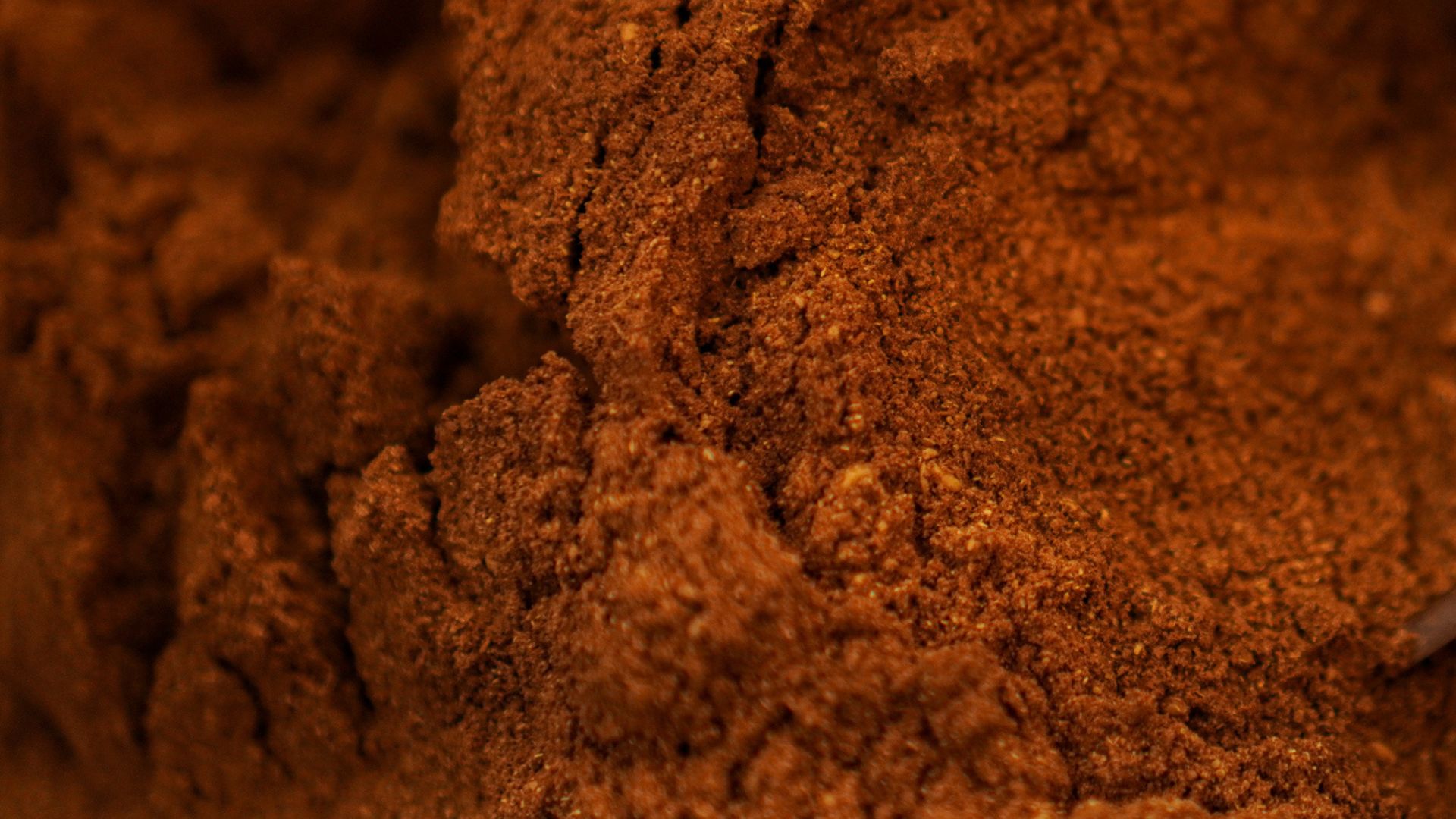
Cinnamon is an excellent versatile spice, suitable for adding to pasta, soup, curries, and smoothies for additional flavour. It's not just a Christmassy food either - cinnamon can be sweet or savoury, helping to bring out the flavours in other ingredients.
They are rich in antioxidants and anti-inflammatory compounds as well.
31. Eggs

Eggs are a versatile brunch food, suitable for many types of dishes and for eating every day. They are a good source of animal protein and vitamin D, which we need to maintain a healthy immune system whatever the time of year.
Scramble your eggs on wholemeal toast for a filling breakfast option or hard boil for a quick snack.
32. Ginger

Along with honey, ginger is perhaps one of the most well-known foods for its anti-bacterial and immune-boosting properties. It also has anti-inflammatory and antioxidant properties.
Ginger is also very versatile. You can add it into soups for a kick of spice or in smoothies for a refreshing start to the day. It also works in teas and stir-fry dishes.







